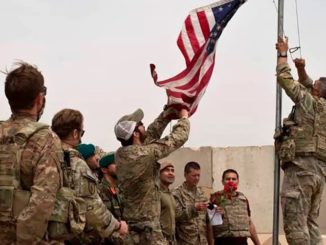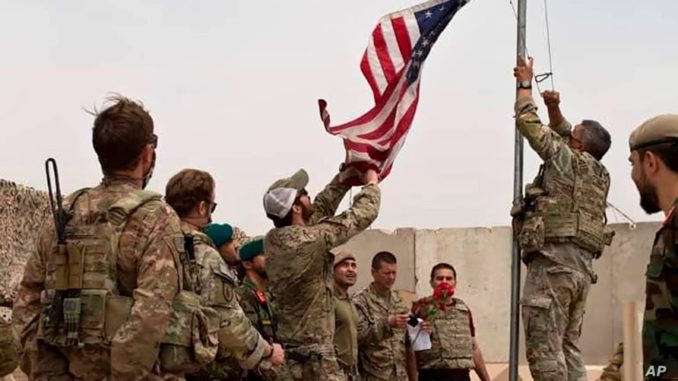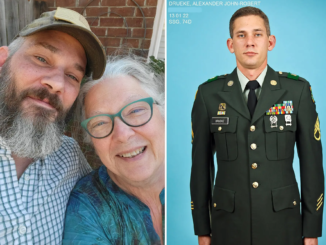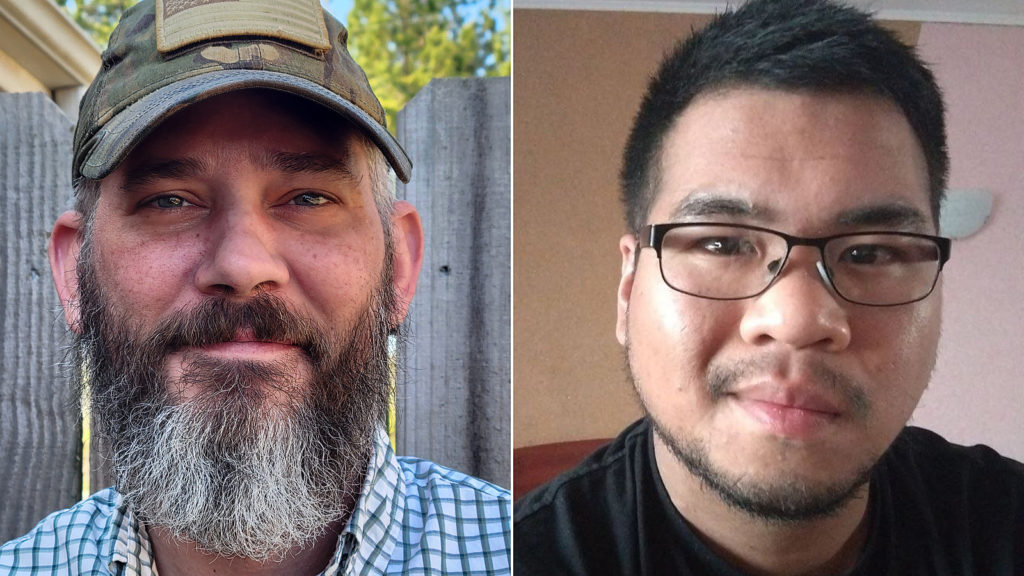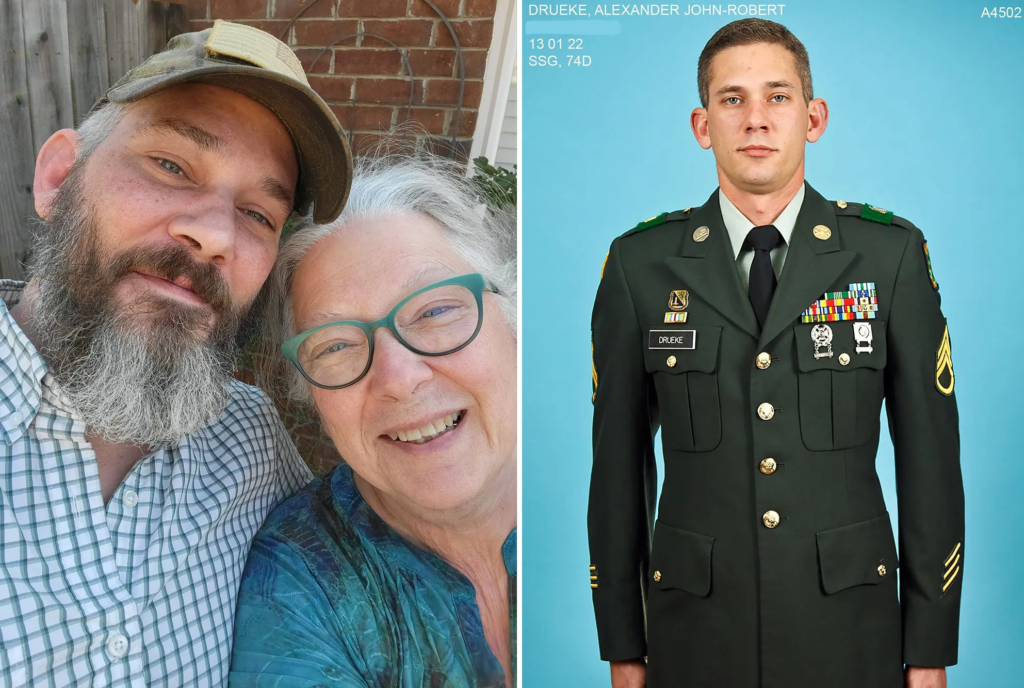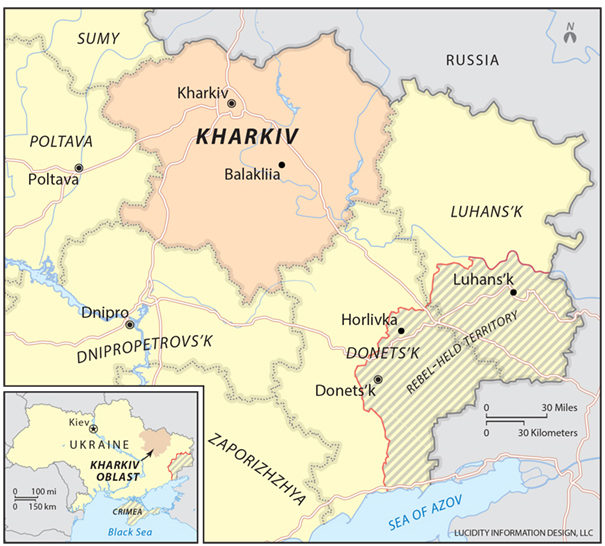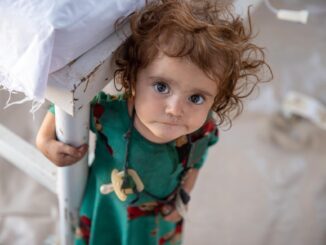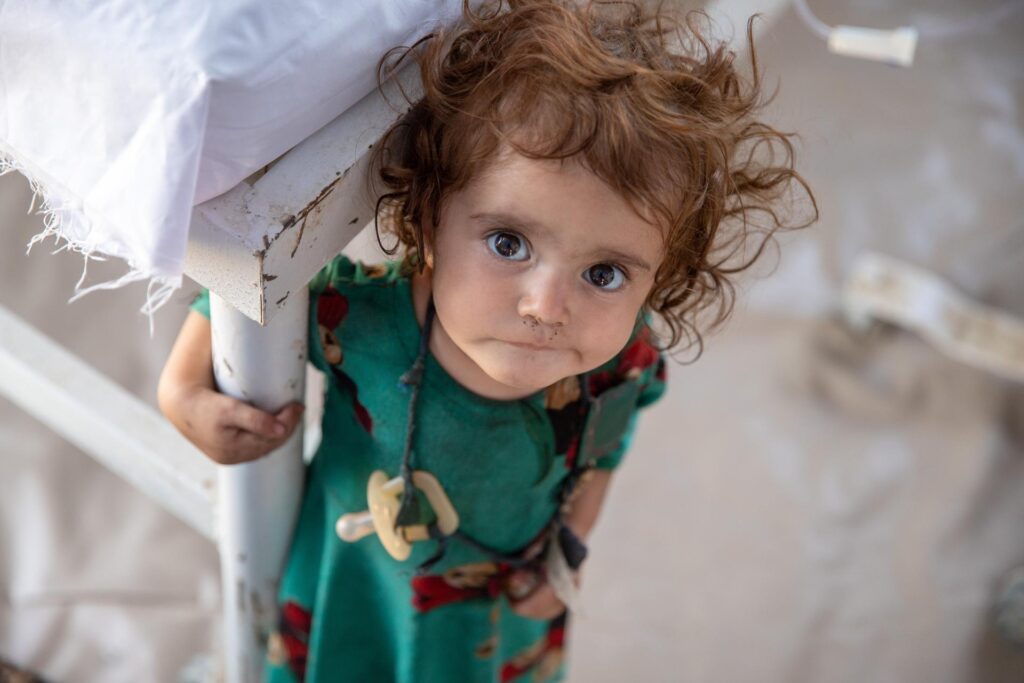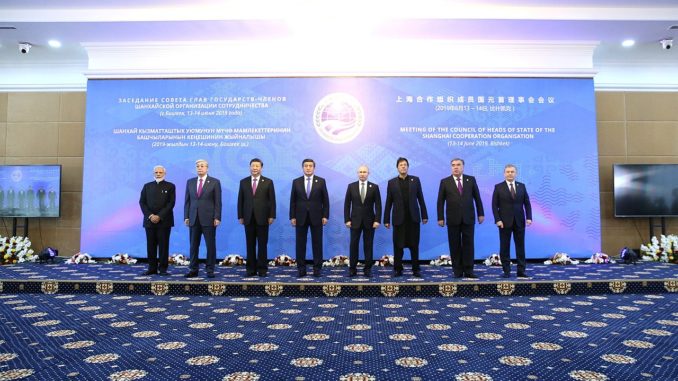
In an emergency United Nations Security Council meeting held on August 16, following the Taliban’s seizure of Kabul, Nebenzia Vassily Alekseevich—the Russian representative—said the main players and wider international community must pool their efforts to help Afghanistan achieve national reconciliation. He pointed to the important role played by his own country, and by China and Pakistan, as well as the potential contribution of Iran.
Alekseevich’s stress on regional cooperation is important. It echoes past attempts to solve the Afghan problem in a peaceful manner. From 1996 to 2000, Central Asia had witnessed the fomentation of Islamic radicalism in Uzbekistan, Tajikistan and Kyrgyzstan, with the Taliban taking full control of Afghanistan. The free flow of weapons and drug trafficking worsened this murky state of affairs. Russia remained concerned about the formation of inter-jihadist linkages between the Islamic Movement of Uzbekistan (IMU) and Hizb-ut-Tahrir (HT), which aimed to topple the regime of Islam Karimov in Uzbekistan. China experienced internal turmoil in the Xinjiang region—bordering Afghanistan—which witnessed ethnic extremism and anti-government violence; Islamic separatists were using arms smuggled from abroad.
Closer Eurasian Ties
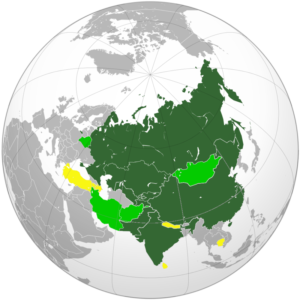
In the turbulent context Asia faced in the late 1990s, regional states formed the Shanghai Cooperation Organization (SCO). SCO is the largest grouping in the world in terms of geographical coverage and population, with its territory spanning three-fifths of the Eurasian landmass and nearly half of the human population, encompassing China, Russia, Pakistan, India, Iran, Kazakhstan, Kyrgyzstan, Uzbekistan and Tajikistan. Afghanistan, Belarus, and Mongolia subsequently participated as observer states.
In July 2001, the SCO stated that the “cradle of terrorism, separatism and extremism is the instability in Afghanistan.” Member nations agreed to work together to contain the Taliban and the various political Islamists in the area. The process would be protracted, but potentially effective. None of the countries wished the consolidation and expansion of the Taliban; their national interests hung in the balance. Further, they commanded sway over a country whose only benefactor was a Pakistan deeply wedded to China.
The U.S. Invasion’s Impact
The 9/11 attacks and the subsequent U.S. invasion of Afghanistan shifted the needle of the regional compass toward the United States; China, Russia, and the SCO were pushed aside. All of the Central Asian states—except Turkmenistan—signed military cooperation and base access agreements with the United States; the Central Asian states saw the security and economic benefits of the sudden U.S. engagement with the region as a bonanza.
While both Moscow and Beijing endorsed the U.S.-led invasion in Afghanistan, an important precondition for the support was the understanding that U.S. and NATO bases in Central Asia would be short-term. With the prolonged stay, the countries developed an increasingly mutual irritation toward Washington. To neutralize Western influence, they attempted to revive the SCO process.
At the SCO foreign ministers’ meeting in Beijing on January 7, 2002, the Russian and Chinese foreign ministers put forward proposals to improve the organization’s anti-terrorism and security capabilities, maintaining the group should assume responsibility for regional security. These plans fell on deaf ears as Central Asian states were busy welcoming the U.S. empire.
In 2005, however, the SCO called for the United States to withdraw from bases in Central Asia. The statement read:
“Considering that the active phase of the military anti-terrorist operation in Afghanistan has finished, member states… consider it essential that the relevant participants in the anti-terrorist coalition set deadlines for the temporary use [of military bases in the region].”
This was the first indication that the military directives of Western powers would not unilaterally dictate the regional Afghan strategy. Afghanistan soon signed a protocol establishing the SCO-Afghanistan contact group. In 2012, Afghanistan became an observer in the SCO. Three years later, Kabul endorsed the Regional Anti-Terrorist Structure (RAT) of the SCO, later applying for full membership in the group. These arrangements have continued to this day, providing an alternative to belligerent tactics. On July 14, 2021, the Contact Group met in Tajikistan’s capital of Dushanbe where, inter alia, it was demanded that Taliban pledge a clean break with terrorist outfits.
What’s at Stake for China and Russia?
Regional agendas for Afghanistan will likely be sustained because the SCO heavyweights—China and Russia—continue to have a stake in the happenings of Kabul. Moscow is worried about a) the emboldenment effect that Taliban’s battlefield victory would have for its historically explosive Muslim regions; and b) the possible relocation of U.S. troops to the countries neighboring Afghanistan, which would weaken the Russia-led Collective Security Treaty Organization (CSTO) in Central Asia.
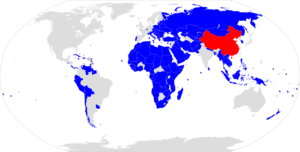
Beijing is anxious that religious militancy in Afghanistan will fuel a domestic Islamist insurgency by invigorating the East Turkestan Islamic Movement (ETIM)—an ethnic Uighur extremist group responsible for past terror attacks in China and which seeks to transform Xinjiang region into an independent Islamic state. This could negatively affect China’s One Belt, One Road Initiative, also known as the Belt and Road Initiative (BRI)—a project to build a network of overland road and rail routes, oil and gas pipelines, and other infrastructure projects from West China through Central Asia to Europe.
As the Taliban retakes control of Afghanistan, China and Russia won’t make timid pleas to Washington to place forces on the ground in the country. The militarist path has been deemed a flawed move by both sides. In the coming days, the Sino-Russian bloc will likely prioritize political solutions, thereby promoting a more proactive position for the SCO and emphasizing the importance of regional frameworks.

